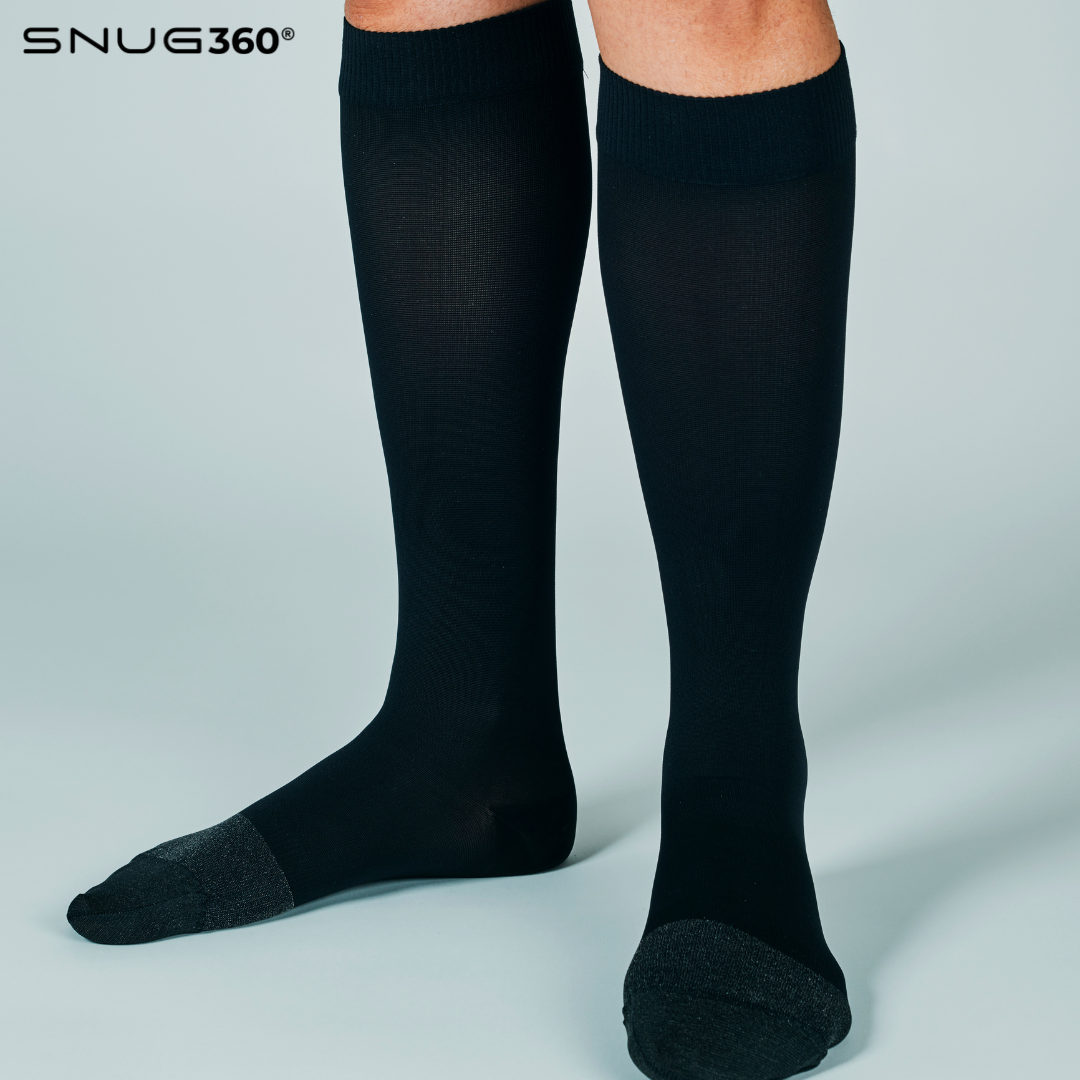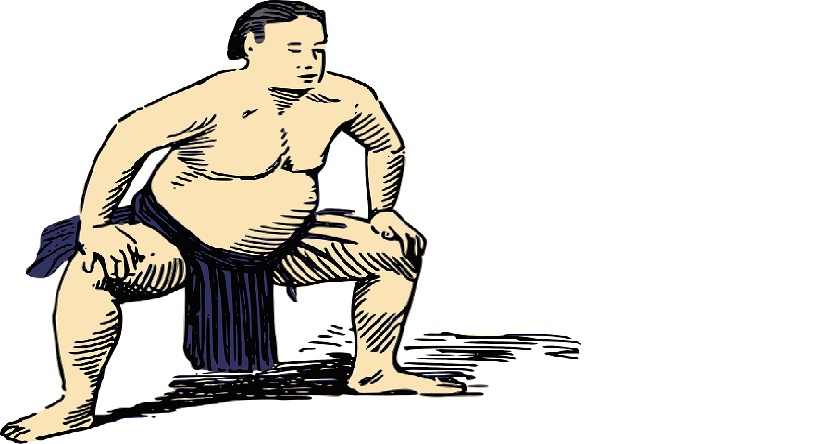Neck pain is an increasing number of common diseases affecting people of every age, regularly because of the end result of poor posture, injuries or health situations consisting of arthritis. If left untreated, neck ache can bring about pain, restricted mobility and potentially permanent damage to the spine.
One effective method to alleviate neck pain and support its recovery can be seen through using neck braces. In this comprehensive guide we explore their capabilities of providing essential support while relieving discomfort while aiding recovery from rehabilitation processes.
What Is a Neck Brace?
A neck brace is a clinical tool used to aid the cervical spine - comprising seven vertebrae in the neck. A good way to limit movement, lessen soreness due to accidents or strain in addition to alleviate persistent conditions like cervical spondylosis or muscle stress. Neck braces may help alleviate whiplash signs and symptoms as well.
Types of Neck Braces
In order to select an effective neck brace for neck pain relief, it's crucial to understand all available varieties. Here are the most frequently seen neck braces:
1. Soft Neck Collar
A soft neck collar is the simplest type of neck brace available, consisting of foam or rubber construction for gentle support with some range of motion allowed. Ideal for less severe neck pain or muscle strain, soft collars can easily be adjusted and comfortable wearers.
Advantages of Wearing a Soft Neck Collar:
- Provides light support to alleviate mild neck discomfort.
- Reduce strain on neck muscles.
- Lightweight and breathable for everyday wear.
2. Rigid Neck Brace
A rigid neck brace (normally called a cervical collar) made from hard plastic gives greater support than its soft-collared counterpart. Hence it can most commonly be prescribed following severe harm or surgical operation as a way to immobilize the neck fully and repair mobility in its entirety.
Benefits of Wearing a Rigid Neck Brace:
- Prevents movement of the neck for optimal healing.
- An ideal option for individuals recovering from neck injuries, fractures or surgeries
- Provides maximum support to the cervical spine.
3. Cervical Thoracic Brace
A cervical thoracic brace is an intricate device, stretching from the neck down towards the upper back and designed to stabilize both neck and upper spine regions. These types of devices may be utilized when treating more serious medical conditions affecting both areas simultaneously, or injuries that impact them both equally.
Benefits of Wearing a Cervical Thoracic Brace:
- Provides extensive neck and upper back support.
- Reduces pain and discomfort associated with severe spinal conditions.
- Promote recovery after surgeries to the cervical and thoracic spines.
4. Philadelphia Collar
A Philadelphia collar is a kind of rigid neck brace specifically designed to stabilize and immobilize the neck after trauma or surgical treatment, often used in the course of emergency situations while instant neck immobilization needs to take place to avoid similar harm.
Philadelphia Collar Benefits:
- Offers emergency immobilization for trauma injuries.
- Offers significant support to individuals with cervical spine fractures or following surgery.
- Packed in two pieces for convenient installation and adjustment.
How Does a Neck Brace Work?
A neck brace works by stabilizing and restricting neck movement to offer relief and support:
Reduce Muscle Strain: By restricting neck movement, neck braces help alleviate strain on muscles, ligaments and tendons in the neck area and allow restorative relief and healing to take place more easily.
Support Proper Alignment: With its ergonomic fit and neutral position-maintaining properties, an effective neck brace helps the cervical spine remain at a neutral place to reduce further strain on surrounding muscles and nerves.
Promotes Healing: For individuals recovering from injury or surgery, wearing a neck brace provides vital immobilization necessary for faster healing. This is especially helpful in cases involving fractured necks or injuries that need complete rest and recuperation.
Improved Posture: By offering support, neck braces can assist with correcting poor posture - often the source of neck pain. By encouraging proper alignment and alleviating strain on the spine while protecting it against long-term damage.
Who Can Benefit From Wearing a Neck Brace?
A neck brace may also be useful to a variety of people depending on its motive and intensity of neck pain. A few common instances when neck braces prove useful are:
Whiplash Injury: People experiencing whiplash from vehicle injuries or sports activities-related injuries should take advantage of sporting a neck brace to stabilize and help the neck to help keep away from injury.
Cervical Spondylosis: Cervical spondylosis is a circumstance marked with the aid of disc degeneration within the cervical backbone and regularly manifested via chronic neck ache. Wearing a neck brace may also help relieve symptoms whilst helping and shielding the backbone.
Post-Surgery: After cervical spine surgery, neck braces may be prescribed to ensure immobility during recovery.
Neck Strain: Human beings suffering from muscle strain due to bad posture, overuse or surprising movements can use a neck brace as an ache reliever and useful resource restoration with the aid of the use of it during this system.
Choosing the Best Neck Brace for Neck Pain
Selecting an effective neck brace depends upon what condition or injury is affecting you and why, so here are a few factors you should keep in mind when searching for one:
Level of Support: For everyday neck or muscle strain relief, a soft neck collar for neck pain could suffice. For more serious injuries or post-surgery recovery however, a rigid brace would provide better support.
Comfort: Due to their extended use, neck braces require great attention for optimal wearability. Soft collars tend to provide greater daily comfort while rigid braces may provide greater support and stability.
Adjustability: Make sure the neck brace you purchase has adjustable straps to provide for an ideal fit and to prevent discomfort or insufficient support. An improper fit could potentially be uncomfortable or fail to provide essential services.
Material: Soft neck collars typically consist of lightweight foam or rubber materials that allow airflow while rigid braces made from hard plastic offer greater support and durability.
Doctor's Recommendation: Always consult a healthcare provider when selecting a neck brace, especially in cases involving serious injury or illness. Your healthcare professional can determine which brace would best meet your unique requirements based on consultation results.
How to Use a Neck Brace Safely?
While neck braces provide valuable support and relief, proper usage should always be adhered to to avoid potential complications. Here are a few suggestions on safe application:
Adhere to Medical Advice: Always comply with your physician's directions regarding when and for how long a neck brace should be worn.
Maintain a Proper Fit: An optimal neck brace must fit securely but comfortably - too loose support won't provide adequate cushioning while too tight can obstruct blood flow or cause discomfort.
Gradual Weaning: If you have been wearing a neck brace for an extended period, work closely with your physician to gradually phase off its usage in order to prevent muscle atrophy and protect their strength.
Conclusion
The best neck brace for neck pain can provide essential support and relief, aiding individuals as they recover from injuries, manage chronic conditions and enhance posture. From soft neck collars for acute neck discomfort to rigid post-surgery braces designed to promote healing and support spinal health.
SNUG360 offers high quality neck braces designed specifically to promote comfort and well-being. Take control of your pain today with one! Visit SNUG360 now & start on your journey toward a healthier spine!









